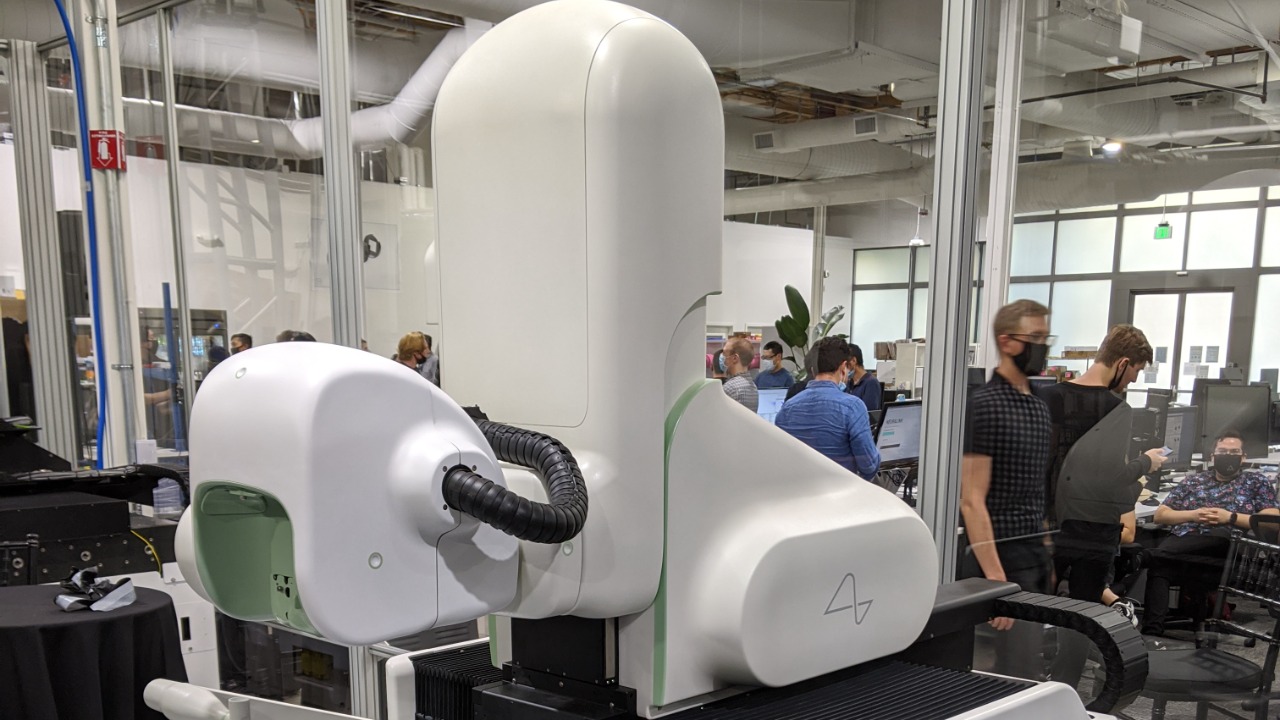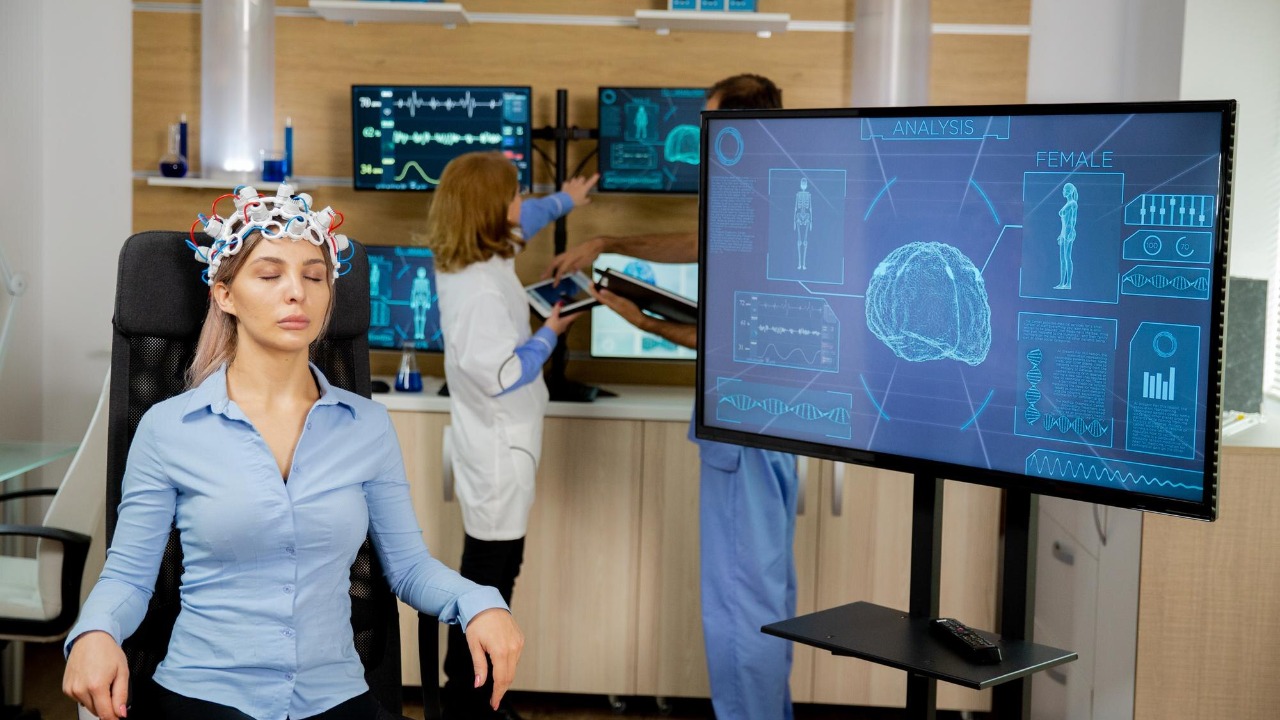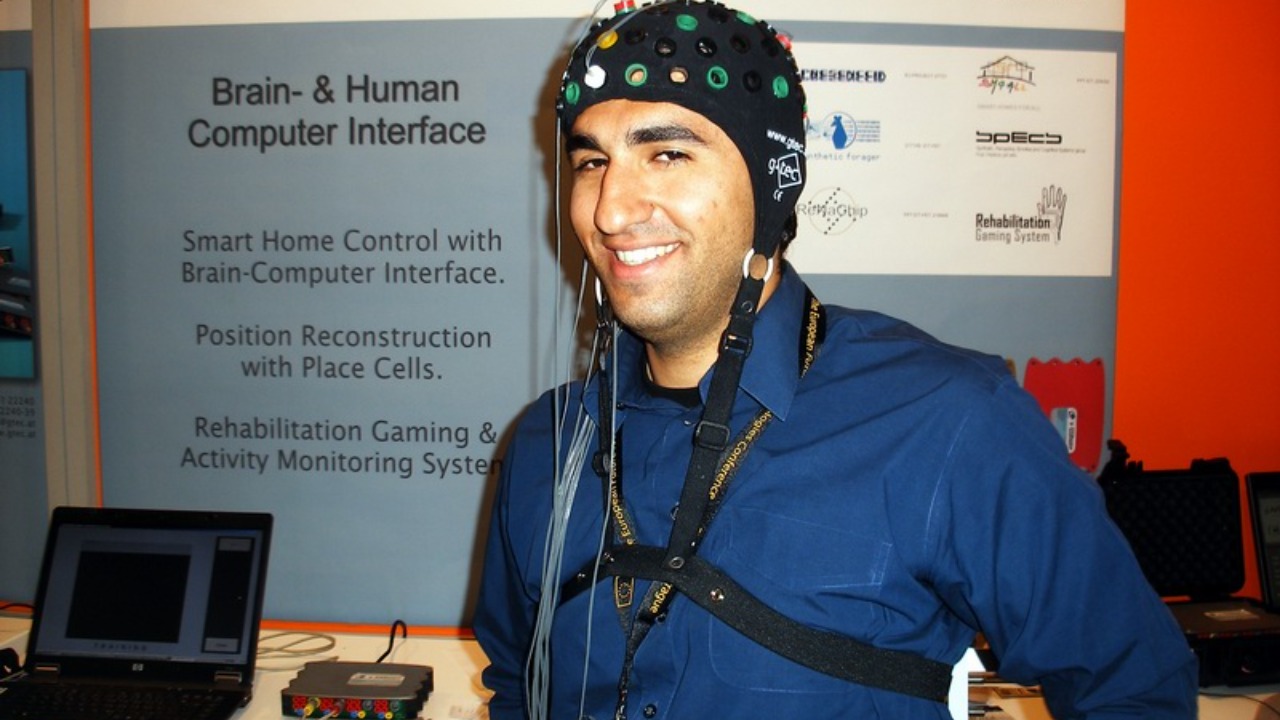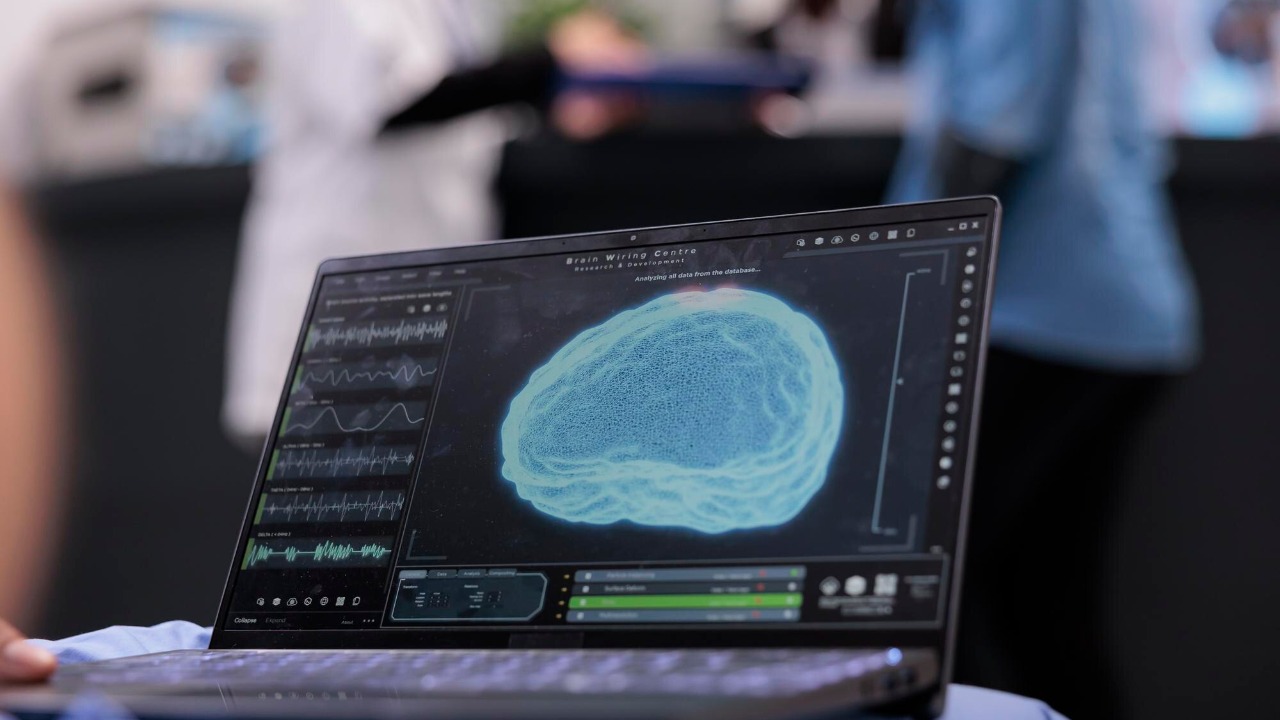Recent advancements in neurotechnology have enabled Neuralink’s revolutionary N1 brain implant to help seven patients regain control over their environments, marking a significant milestone in assistive technology. These pioneering individuals offer invaluable insights into the potential of brain-computer interfaces (BCIs) to transform lives.
The Breakthrough Technology Behind Neuralink’s N1 Implant

The N1 implant by Neuralink stands out as a cutting-edge advancement in the realm of brain-computer interfaces. This innovative device is characterized by its compact size, wireless capabilities, and biocompatibility, making it a frontrunner in the world of neurotechnology. The implant, which is designed to be minimally invasive, is embedded with electrodes that can read neural signals and transmit them wirelessly to an external device.
The functionality of the N1 implant is centered around its ability to translate neural signals into digital commands, enabling users to control external devices with their minds. This feature has profound implications for individuals with mobility impairments, offering them newfound autonomy over computers and communication devices. Compared to existing BCIs, the N1 implant offers significant improvements in terms of data transmission speed, accuracy, and user comfort, setting a new standard for what such devices can achieve.
The Journey of Seven Trailblazing Patients

The selection of the initial seven patients for the N1 implant trials was based on a set of criteria that ensured diversity in medical conditions and backgrounds. By including individuals with varying degrees of paralysis and different life circumstances, Neuralink aimed to gather a comprehensive understanding of the implant’s effectiveness across a broad spectrum of users.
Real-life transformations have been reported among these patients, who have experienced improvements in their quality of life. For instance, some have regained the ability to control computers and communication devices, making everyday tasks more accessible. However, the journey has not been without its challenges. Patients faced hurdles during the adaptation period, requiring ongoing support and adjustments to fully integrate the technology into their lives. More on their journey can be found here.
Ethical and Societal Implications

The integration of BCIs into everyday life raises several ethical and societal concerns, particularly regarding privacy and security. The potential risks associated with neural data privacy are significant, as the data generated by these implants is highly sensitive. Neuralink has taken measures to address these concerns, ensuring robust security protocols to protect user data.
Accessibility and equity are also pressing issues, as the cost of such advanced technology may limit its availability to a broader population. Addressing healthcare disparities is crucial to ensuring that the benefits of BCIs are not confined to a privileged few. Ethical debates surrounding human enhancement further complicate the conversation, as society grapples with the implications of integrating BCIs into daily life. For more details on these ethical considerations, refer to this source.
Future Prospects and Innovations

Looking ahead, the potential applications of Neuralink’s technology extend beyond assisting paralyzed individuals. There is speculative potential for the N1 implant to aid in cognitive enhancement or mental health treatment, opening new avenues for medical and therapeutic interventions. As the technology continues to evolve, the path to widespread adoption involves securing regulatory approval, gaining public acceptance, and integrating into the market.
Collaboration between tech companies, healthcare providers, and academic institutions is essential to advancing BCI technology. Interdisciplinary research and development can accelerate innovation, leading to more effective and accessible solutions. For a deeper dive into these collaborative efforts, explore this research.
The transformative impact of Neuralink’s N1 brain implant is evident in the experiences of the seven patients who have bravely embarked on this journey. As we stand on the brink of a new era in assistive technology, the potential of BCIs to redefine human capabilities is immense. However, responsible development and implementation are key to ensuring that these advancements benefit society as a whole.